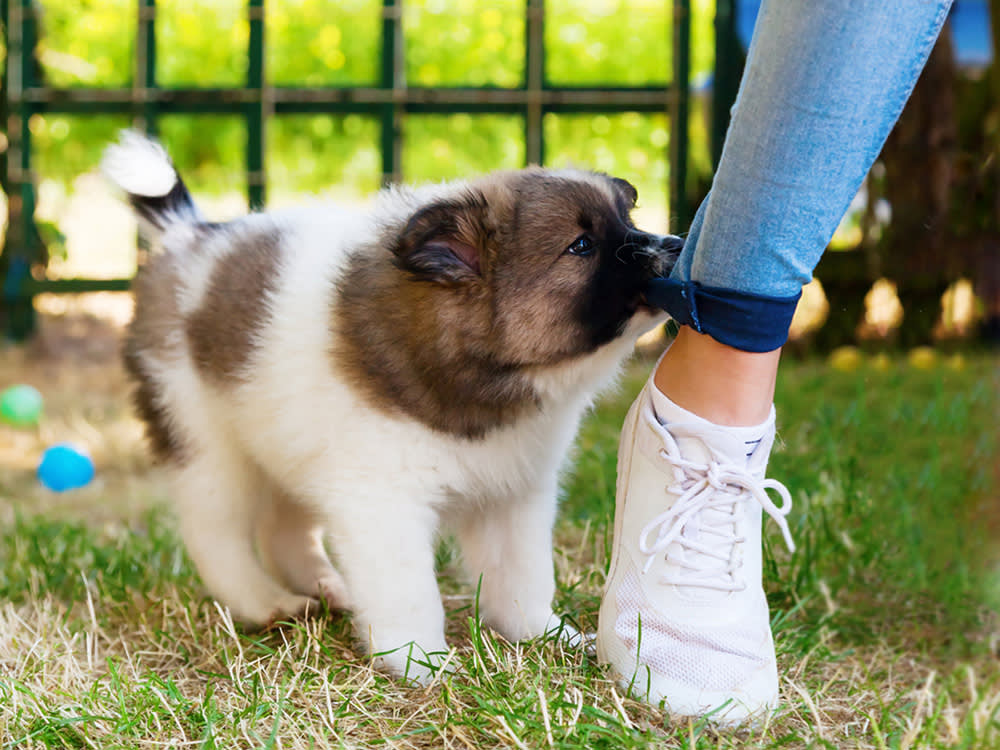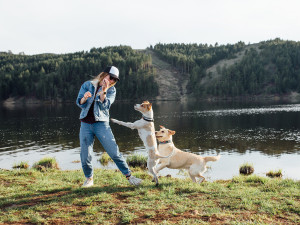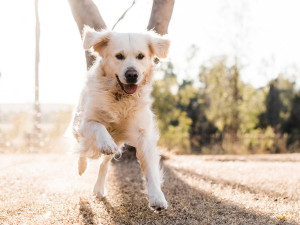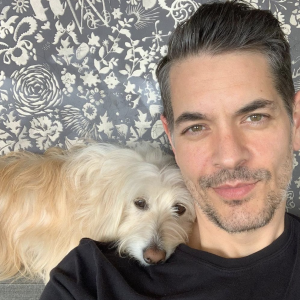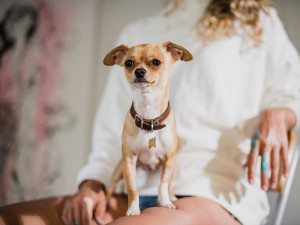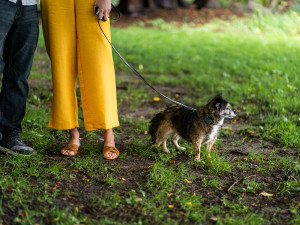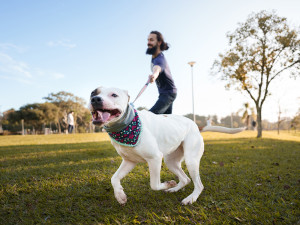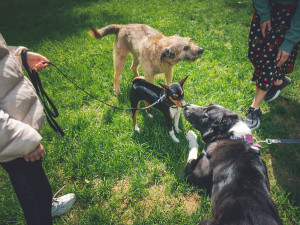“How Do I Get My Puppy to Stop Biting My Ankles?”
Dog trainer Robert Haussmann’s tips for dealing with an attention-seeking puppy.
Malibu is a four-month-old Great Pyrenees. She keeps biting peoples’ ankles. She gets bored with her toys and wants to bite everything else. How do I get her to stop? — Vanessa
This is a common problem, and it usually comes down to understimulation. Your dog probably wants to play! A bite at your ankles is most likely an attempt to get you to react and respond, which is a little more fun than her toys. To make her less likely to nip, you want to make sure that the dog is getting physical exercise, mental stimulation through training, and environmental enrichment.
As you’ve probably figured out, just trying to stuff a squeaky toy in there won’t do the trick. As soon as you aren’t paying attention to her, she’ll nip you to get you to turn around again. Just like with little kids, they’ll learn that attention is attention — even negative attention seems worth it.
How much do you spend on your pet per year?
You need to make sure that her physical and mental needs are met. She should know basic commands, such as “come,” “sit,” “stay,” and “down.” You don’t have to carve out a huge amount of time to train, but you can work it into your regular schedule and train for five minutes here and there. I usually recommend training around mealtime; the dog is really motivated by hunger, and you’re spending time with the dog anyway.
The environmental enrichment piece has to do with how the environment plays back with the dog. A lot of times we have toys scattered all over the floor, and dogs get bored with those. You want to make sure that your dog has interactive toys. They might be part of a dog’s meal; I think puppies should have a good bit of their meal be fed out of food dispensing toys, such as Kongs, lick mats, and treat balls. Some things will accept dry food and some will accept wet food. It’ll make a huge difference. Your dog is gonna spend maybe 40 minutes eating breakfast, using their mouth and mind. The likelihood of them needing to nip at you goes down considerably.
If they’re still nipping then, it’s fair to give them a timeout — but it’s not fair to give them a timeout if their needs aren’t being met elsewhere. You can put them in a separate space from you or remove yourself from them. Losing access to you and access to a social space is the punishment. I think this is usually an appropriate punishment: It doesn’t add fear or intimidation — it just removes something the dog wants. If you teach your dog that biting your ankles unplugs the DJ and shuts down the party, so to speak, they should start selecting against the behavior of nipping.
After a while, they’ll learn that it’s counterproductive to nip at you. Keep in mind that timeouts can’t be your only solution. You have to make sure their physical, mental, and environmental needs are all being met first.
